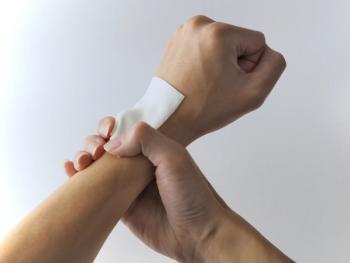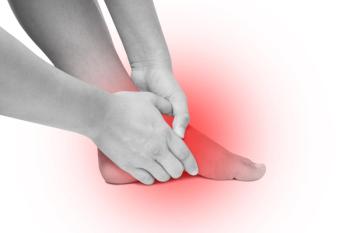
Pain Relief for Individuals with HIV: A Tailored Self-Management Approach
The interplay between chronic pain and HIV can complicate treatment regimens, negatively impact functional abilities, and diminish overall quality of life for affected individuals.
Chronic pain is a prevalent and often debilitating condition, particularly among individuals living with HIV, who experience a disproportionately high burden of pain compared to the general population. The interplay between chronic pain and HIV can complicate treatment regimens, negatively impact functional abilities, and diminish overall quality of life for affected individuals.
Given the urgent need for effective pain management strategies tailored to this unique population, a study published in
The STOMP intervention combines personalized skill-building sessions with group support, highlighting its potential for widespread implementation. Conducted by
The randomized clinical trial involved 278 adults with HIV experiencing moderate to severe chronic pain over an extended period. Participants were assigned to either the STOMP intervention group, which included personalized skill-building sessions and group interactions led by peers, or to an enhanced usual care (EUC) control group. The primary aim was to evaluate whether the STOMP intervention could significantly reduce pain severity and improve functional outcomes, as measured by the Brief Pain Inventory (BPI).
The study showed that participants engaged relatively well with the intervention, with an average attendance of 2.9 out of 6 possible one-on-one sessions and 2.4 out of 6 possible group sessions. This highlights the potential for structured programs that combine personal attention and peer support.
STOMP demonstrated significant pain reduction immediately after the intervention, with a mean difference of −1.25 points on the BPI total score (P < .001) compared to EUC. Three months post-intervention, STOMP showed a statistically significant improvement (−0.62 points, P = .01) in pain management compared to EUC.
The results indicate that STOMP is an effective self-management strategy for reducing chronic pain in people living with HIV. The intervention not only led to an immediate reduction in pain severity (mean difference of −1.25 points on the BPI) but also maintained a statistically significant improvement three months after the intervention (mean difference of −0.62 points).
Positive outcomes from the STOMP intervention could inform healthcare providers and policymakers about effective methods for managing chronic pain in vulnerable populations. Outcomes data from research such as this one could lead to increased advocacy for the integration of pain self-management programs within standard care for people with HIV.
STOMP’s results are consistent with a growing body of literature that advocates for behavioral and psychological approaches to chronic pain management, suggesting that interventions can not only reduce pain but also improve overall quality of life for affected individuals. Continued scientific support for tailored pain management interventions highlighting the potential for STOMP will serve as a cornerstone of chronic pain treatment in individuals with HIV.
Jones and colleagues call for future research to focus on implementation strategies to understand how to optimize the delivery and reach of the STOMP intervention. This could include exploring different settings, formats and populations to maximize its applicability and effectiveness.
Jones adds, “We are excited about the findings, which highlight that peer support and pain self-management education are essential to coping with chronic pain. The difference of > 1 point on a 0-10 pain scale is, for many patients, a difference between being able to participate and enjoy activities like spending time with friends and family or engaging in a hobby.”
Newsletter
Get the latest industry news, event updates, and more from Managed healthcare Executive.























